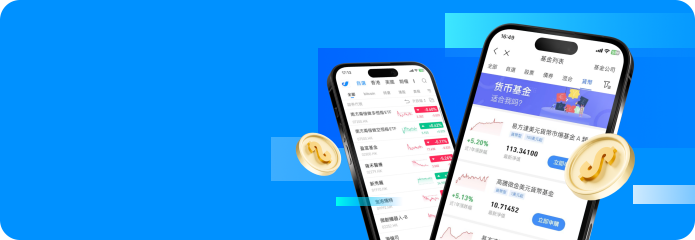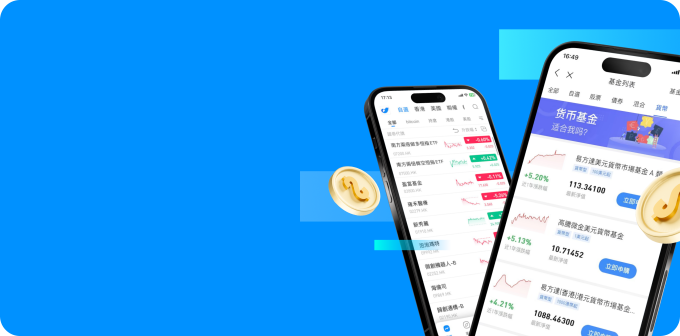In the first quarter of 2024, insurance premiums for mainland visitors to Hong Kong reached HK$202.4 billion, a year-on-year surge of 62.5%. Not only did it far exceed market expectations, it also set a new record in recent years, second only to the HK$18.8 billion in the first quarter of 2017. , creating a new high in recent years.
The most attractive insurance products for mainland investors
In this insurance boom, mainland visitors’ preference for buying insurance in Hong Kong is concentrated on whole life insurance and savings life insurance.
These two types of products account for 90% of the market share in new policy premiums, with whole life insurance accounting for 92%, followed by savings life insurance, accounting for 77.5% to 14.5%. In addition, the premium growth momentum of whole life insurance and endowment life insurance is also very strong. Whole life insurance premiums increased by 57.9% year-on-year to HK$12.11 billion; savings life insurance premiums increased by 136.9% year-on-year to HK$2.267 billion.
In addition to whole life insurance and savings life insurance, universal life insurance and critical illness insurance have also attracted the attention of mainland investors. The premiums of these two types of products increased by more than 30% year-on-year.
So why are Hong Kong insurance policies so attractive to mainlanders? Among medical, life and critical illness insurance in China and Hong Kong, policy terms, protection, claims, premiums and other aspects are different.
Premium factors
Whether it is medical, life or critical illness insurance, for the same policy holder and the same amount of insurance, premiums in Hong Kong are often about 20% to 30% lower than those in the Mainland.
Insurance in Hong Kong is “more cost-effective” than in the Mainland, mainly for the following two reasons:
1. Due to the large population of the Mainland, the average life expectancy and probability of serious diseases of Hong Kong residents are better than those of the Mainland. Therefore, Hong Kong insurance companies have a healthier risk pool and lower loss ratios, and can underwrite insurance at lower premiums.
2. Competition is fierce. The insurance industry in Hong Kong is highly competitive. In this small city with a population of just over 7 million, there are dozens of active insurance companies, providing long-term insurance products such as medical, life, and critical illness insurance. In order to stand out from the encirclement, insurance companies have to provide insurance discounts and premium discounts to attract new customers and create maximum new business value.
Safeguard factors
In terms of protection, Hong Kong insurance also has obvious advantages.
Broad medical coverageTake medical insurance as an example. Mainland medical insurance generally only covers mainland hospitals, while Hong Kong's Voluntary Health Insurance provides global protection. Even high-end policies with full compensation cover at least hospitals in various Asian countries.
Higher critical illness coverageHong Kong’s critical illness insurance has higher protection leverage, that is, with the same premium level, Hong Kong critical illness insurance policies provide higher protection. Moreover, many critical illness insurances currently cover early-stage critical illnesses such as carcinoma in situ and "Tongbo Tsai" surgical treatment. Relatively speaking, the compensation requirements for critical illness insurance in the Mainland are higher, and some policies require the insured to complete surgery. Compensation will be paid only after treatment.
0 procedures for renewalIn Hong Kong, Voluntary Health Insurance, which has become the mainstream of medical insurance, guarantees that the insured will continue to be insured until the age of 100. In other words, as long as the insurance application is approved, the insurance company will allow the policy to be automatically renewed. As long as the policyholder continues to pay the required premiums, the protection will continue to be effective. In the Mainland, the renewal procedures for medical insurance are relatively cumbersome. "Guaranteed renewal" and "automatic renewal" are not the norm for medical insurance. The renewal of medical insurance policies generally requires an underwriting process commonly known as "annual review."
Fewer exclusions
Mainland insurance has more exclusions than Hong Kong insurance. Take life insurance as an example. In addition to having a longer waiting period for suicide, Hong Kong life insurance policies generally pay compensation regardless of the cause of death as long as the insured dies. However, life insurance in the Mainland has many exclusions. , generally including drunk driving, air crashes, HIV infection, nuclear radiation and suicide, etc.
Shorter waiting period
In order to prevent people from "fraudulent insurance", the waiting period for insurance policies in Mainland China is generally longer, usually 180 days. After the policyholder signs the policy, even if he becomes ill or dies within the first 180 days, the insurance company will only refund the premium paid without compensating the policy. Hong Kong’s critical illness insurance policies have a short waiting period (for example, 90 days), Voluntary Health Insurance has no waiting period (except for unknown pre-existing conditions), and term life insurance generally has no waiting period (except for suicide), which can allow the insured to get the insurance sooner or even Get the protection you need instantly.
More currency options
Savings policies in Hong Kong generally allow you to choose to settle and pay premiums in currencies such as Hong Kong dollars, US dollars or RMB. When the RMB exchange rate drops or the policyholder has offshore funds to deploy, he can choose to settle the policy in foreign currency, which is an advantage that is difficult to enjoy when buying insurance on the mainland.
Hong Kong insurance vs Mainland insurance: Which one is better?
The advantages of Hong Kong insurance include flexible and diverse insurance products, reasonable prices, short waiting periods, extensive coverage, and the convenience of being able to conduct transactions in different currencies, making it another option for mainland customers. As the market continues to develop and improve, Hong Kong's insurance industry will continue to play a unique role in the insurance market as Asia's financial center.
Of course, for domestic consumers, mainland insurance is more convenient and direct in the insurance application and claims settlement process than Hong Kong insurance, so it also has its applicable customer groups.



